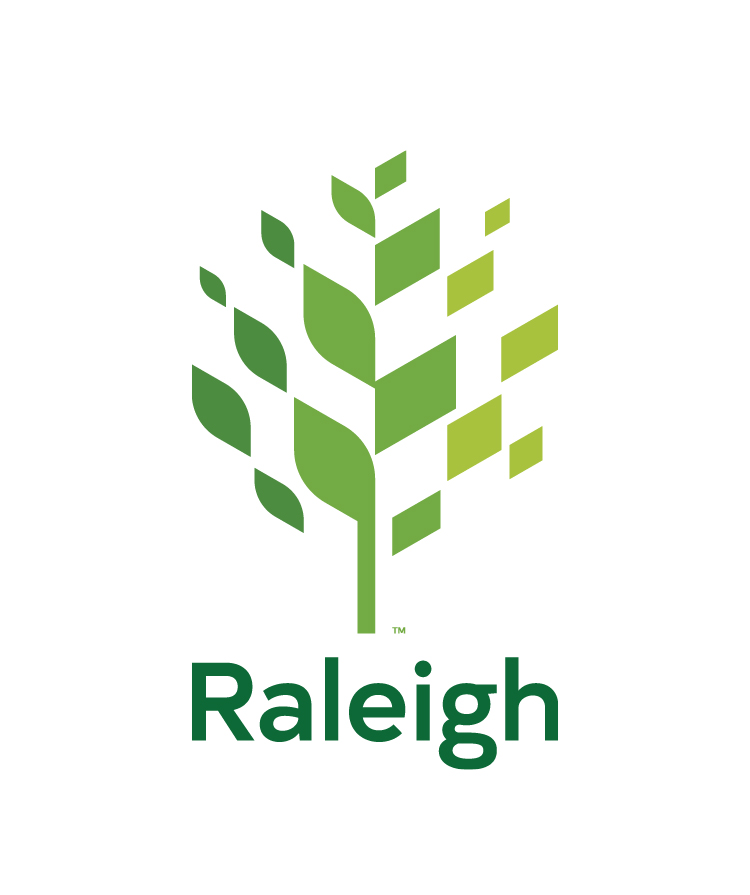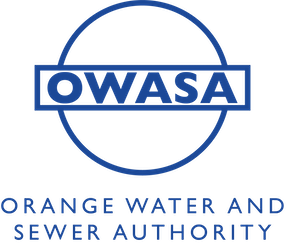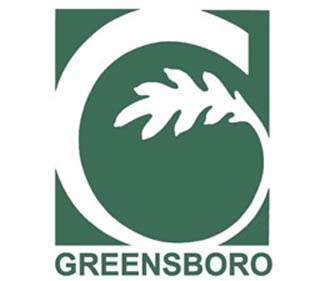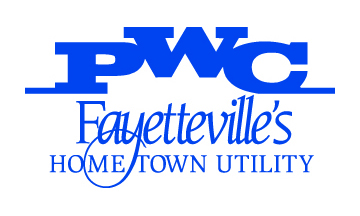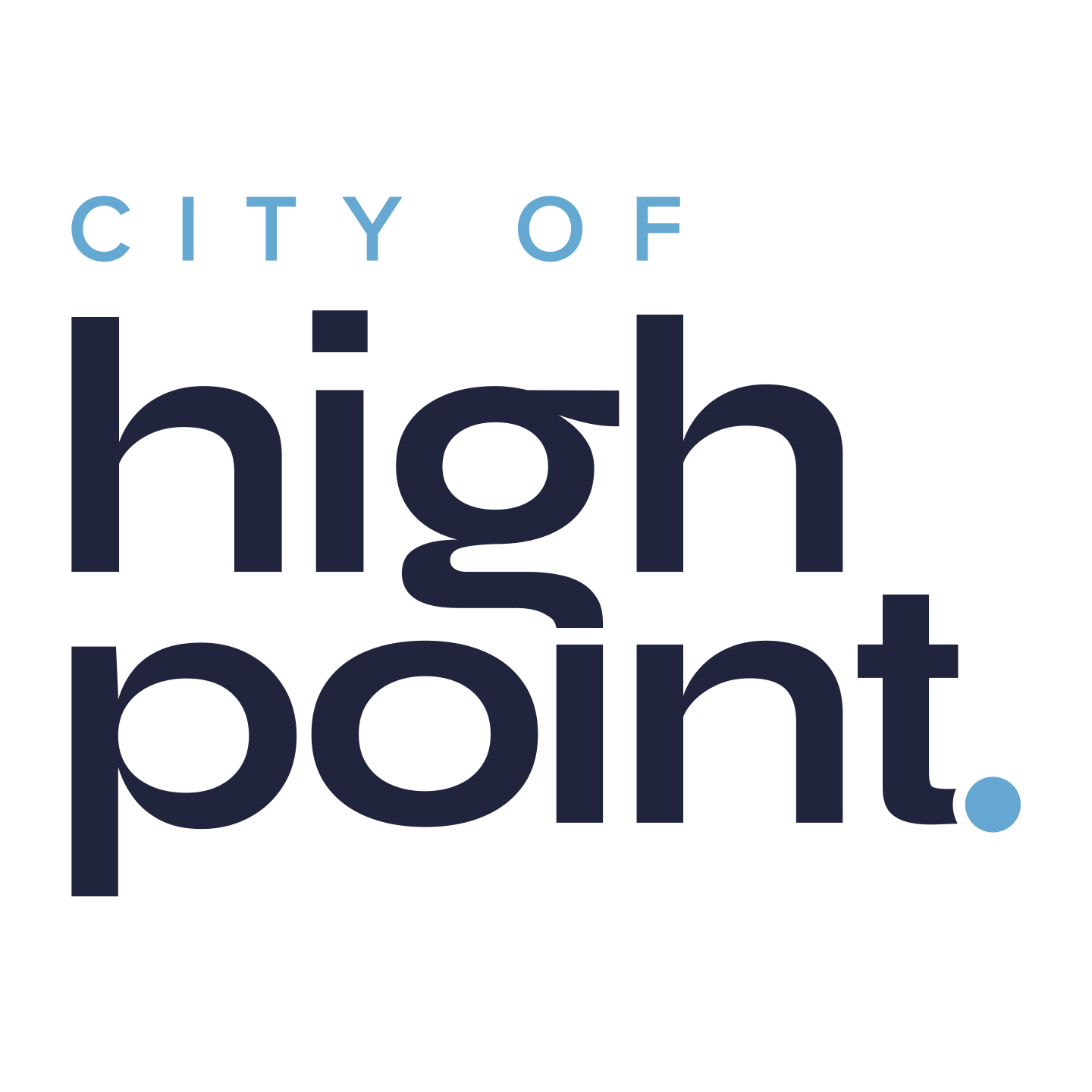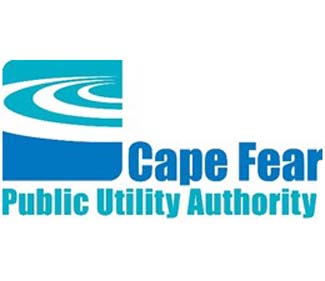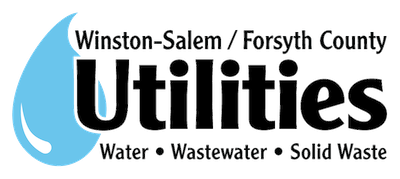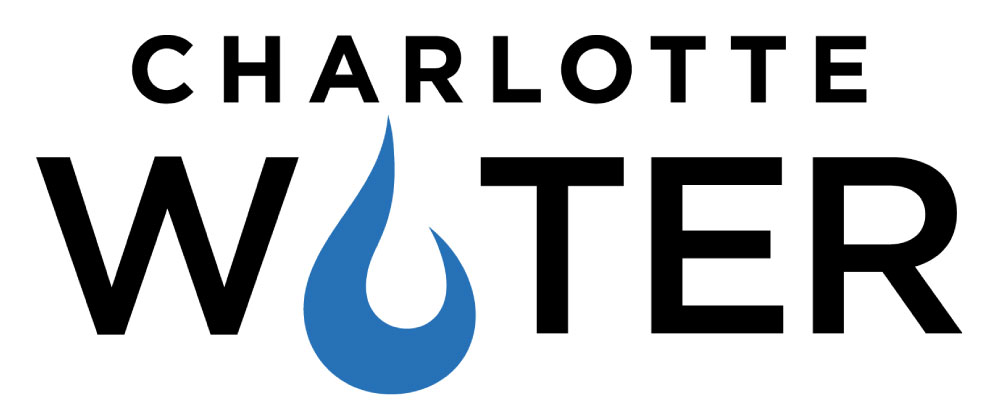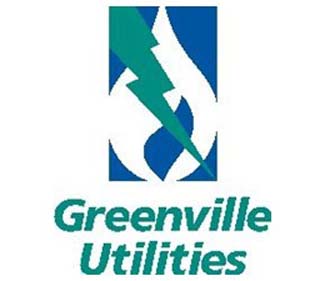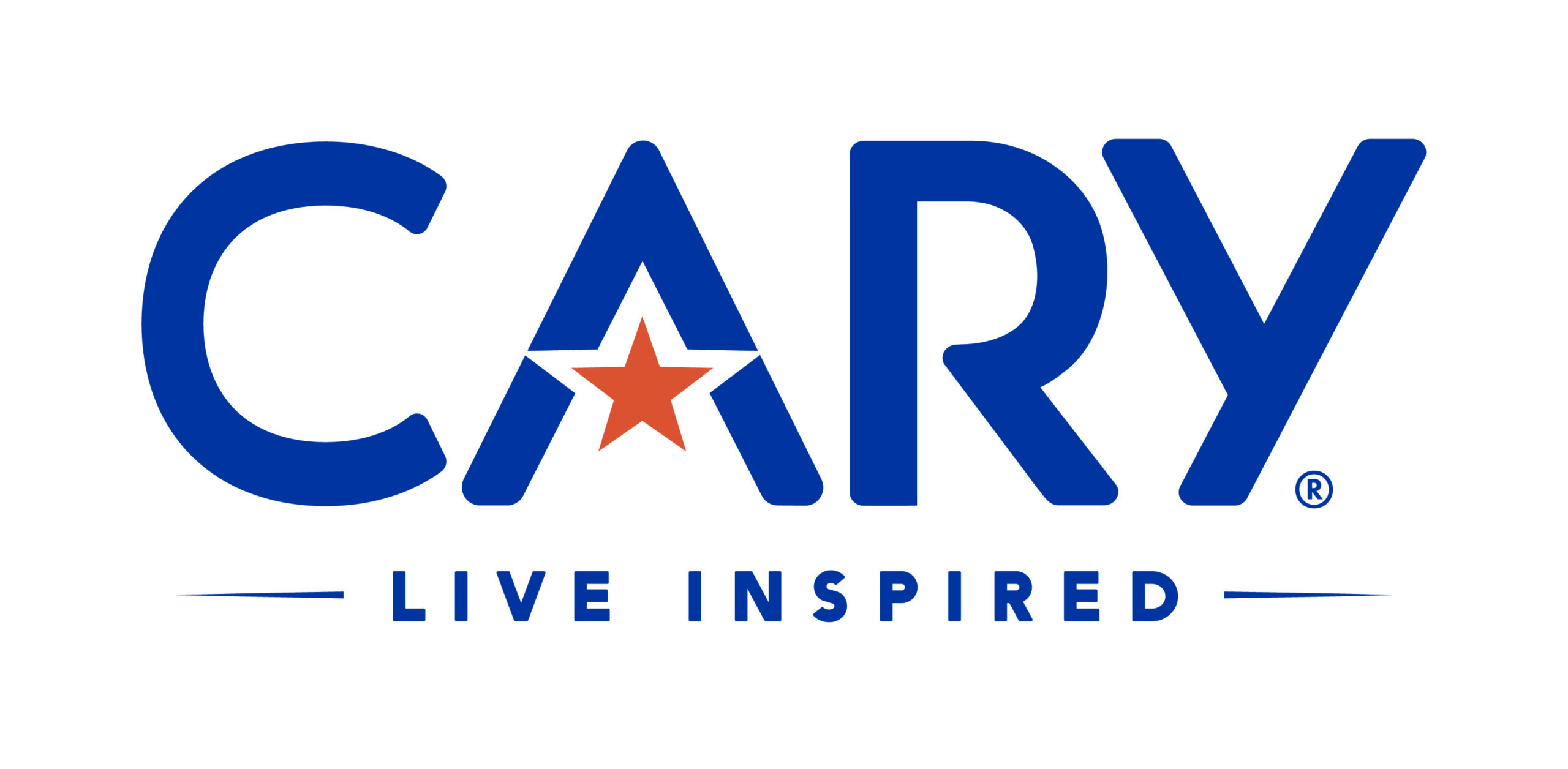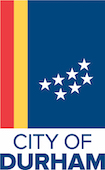Urban Water Consortium
The Urban Water Consortium was established in 1985 to connect urban water managers with scientific research and information and technology transfer. Today, urban water managers from 12 of North Carolina’s most populated areas are members of the Consortium, and they continue to connect with one another, as well as researchers and experts, to advance drinking water and wastewater management across the state. WRRI serves as the main facilitator, arranging quarterly meetings and providing grant administration and management for research projects supported by the Consortium.
Operations
Member utilities contribute annual dues that are used to support research to enhance management and understanding of water resources and wastewater management. Utilities benefit from quarterly meetings and have the opportunity to share, learn and discuss common concerns related to current and future drinking water and wastewater management needs, or changes and and adapting to operating and regulatory requirements. The UWC considers research proposals that are submitted as part of WRRI’s recurring Request and For Proposals (RFPs), as well as through RFPs developed in collaboration with the UWC.
Research Priorities
The UWC research priorities in drinking water, wastewater and water infrastructure fall into the following categories, though the group will consider research proposals on other issues of importance to water utilities in North Carolina.
Water and Wastewater Treatment and Management
How can innovative techniques and methods be used in water, wastewater, biosolids, and residuals treatment, management, and/or disposal?
Water Affordability
What influences water affordability (beyond income), and can existing datasets be used to conduct analyses on utility-specific affordability? Can models be developed to investigate water affordability in NC?
Emerging Contaminants
What is the distribution and concentrations of emerging contaminants (including PFAS, 1,4-dioxane, opportunistic pathogens, disinfection byproducts, endocrine disruptors, microplastics, and others) in our water supplies, and who is at risk? What are effective water and wastewater treatment and disposal technologies to address these contaminants?
Environmental Change Impacts on Water Resources
How will more severe droughts and changes in rainfall patterns and amounts impact water supplies and planning? How will flooding and increased high intensity storms impact reservoir sedimentation rates? How will increased temperatures impact toxic algal blooms in water supply source waters? How can carbon emissions related to water treatment be better managed?
Water Conservation and Supply Strategy
What regional strategies (financially, educationally, or policy-wise) remain to further encourage conservation of water? What considerations are needed to conserve water while simultaneously maintaining water quality? What are examples of innovative supply strategies applicable to NC?
Comprehensive list of projects
To view a list of projects funded by the UWC, please visit the WRRI Technical Reports Repository where all final project reports are housed. Type “Urban+Water+Consortium” in the “Search for” box.
Members
Contact
To contact the UWC, email Kaitlin Tucker, WRRI coordinator for research and engagement: ktucker@ncsu.edu
